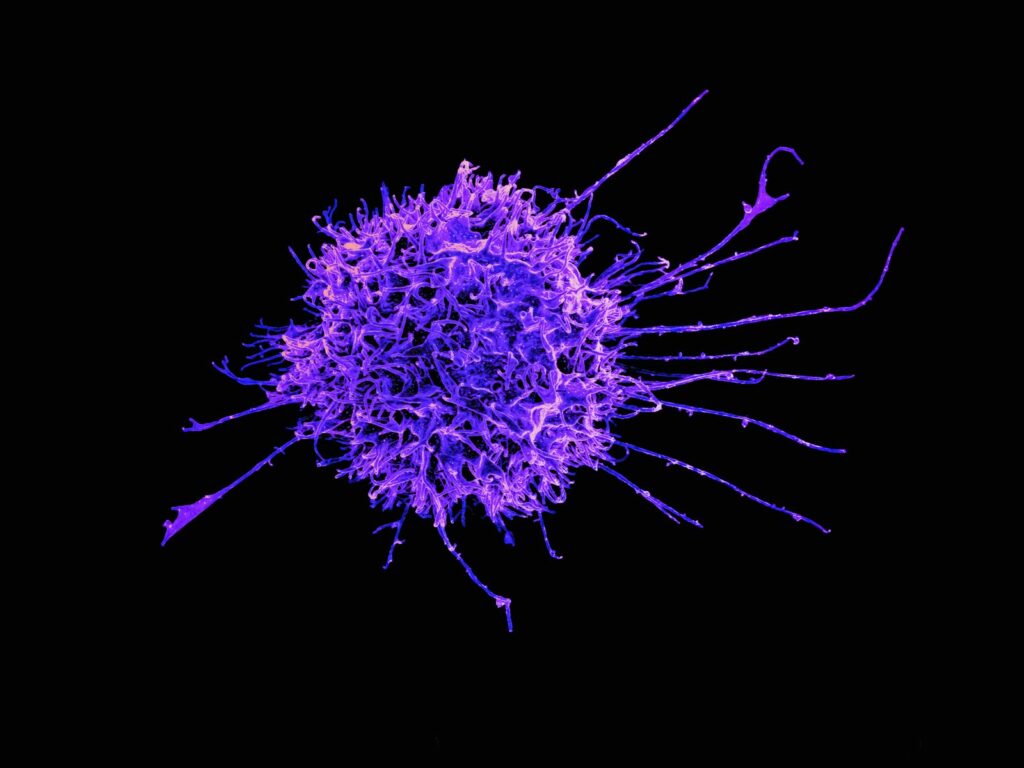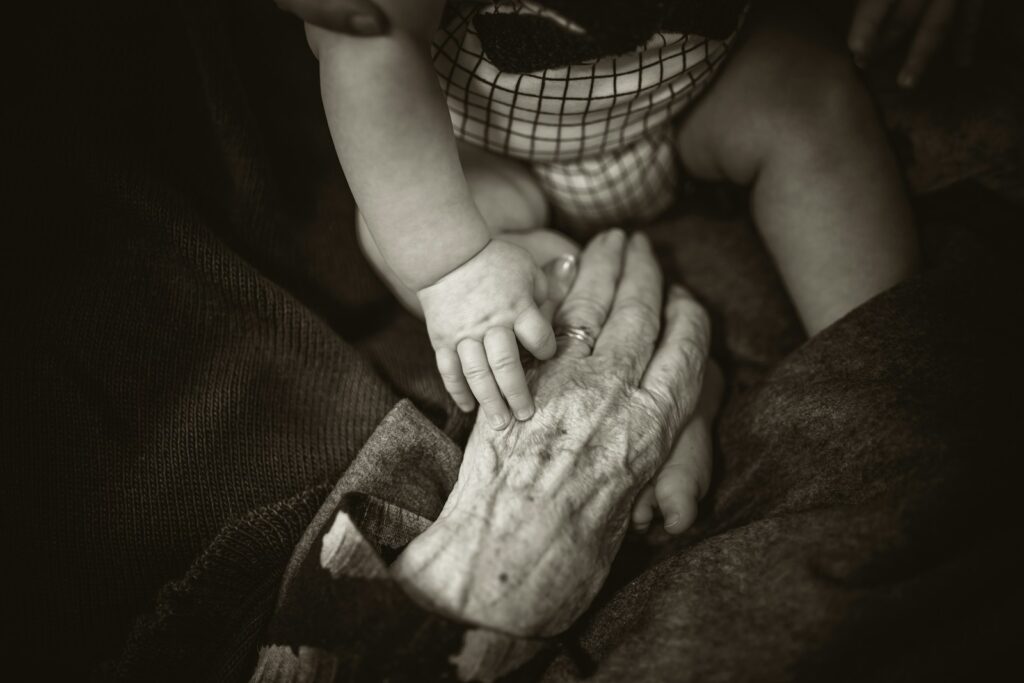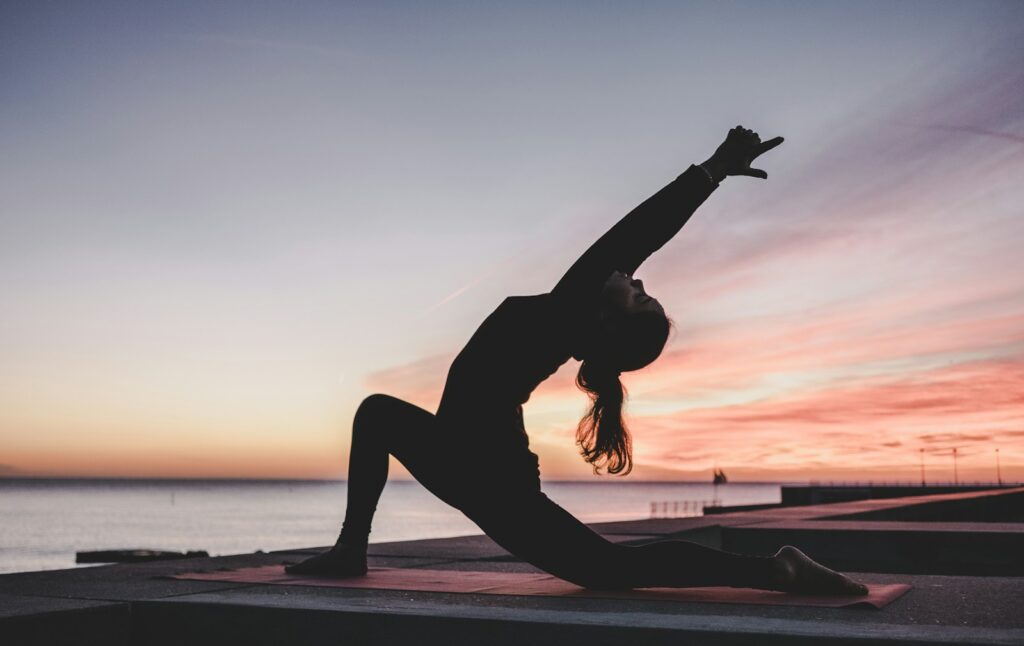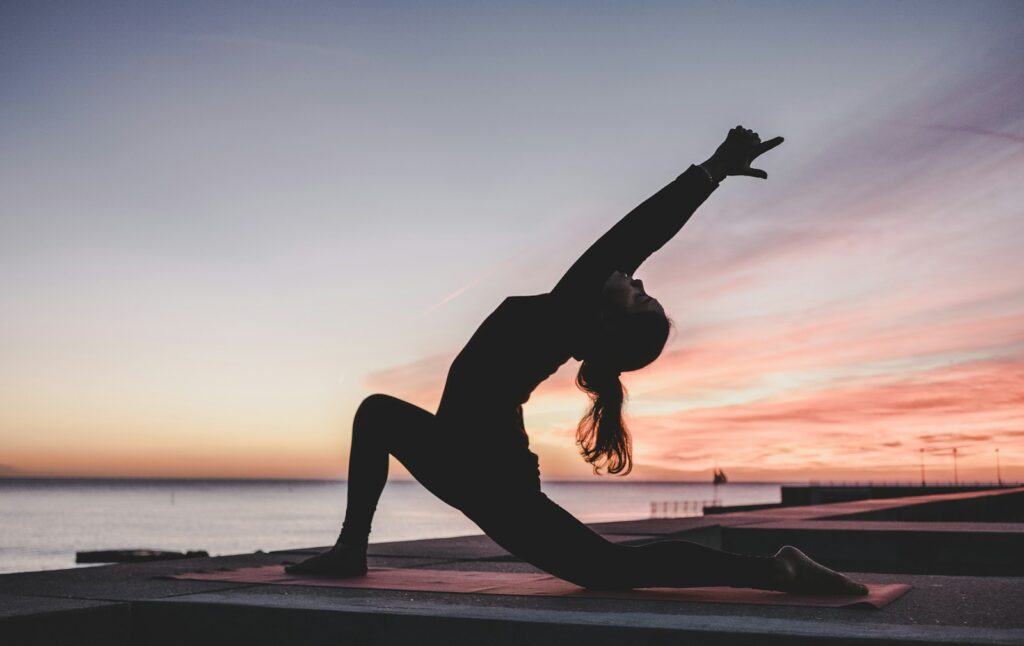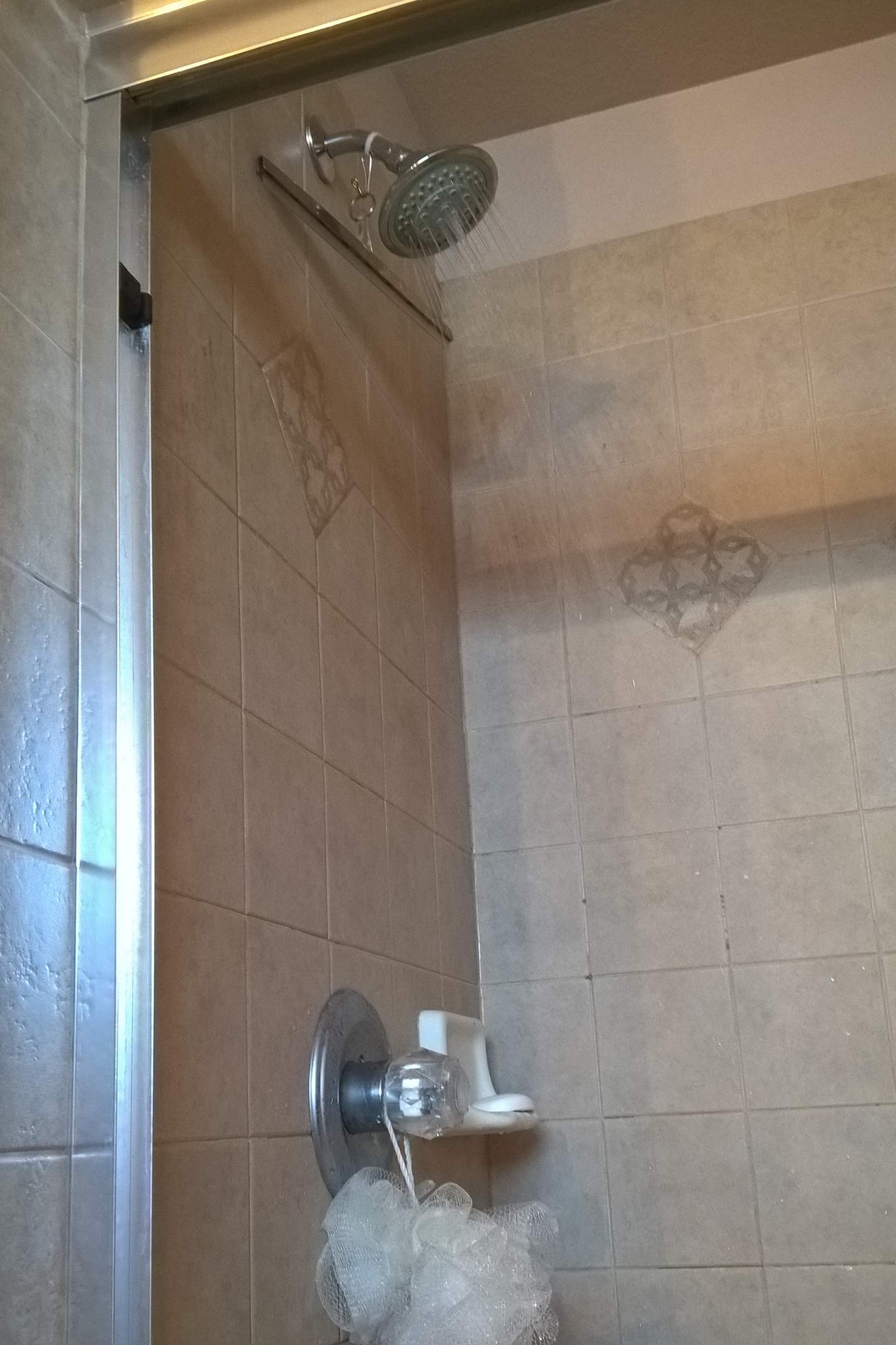
Alright, let’s rehash an old joke: How do you know if someone takes cold showers and enjoys ice baths? Don’t worry, they’ll tell you. While it’s tempting to chalk up the hype around cold exposure to just that – hype – the positive data around taking cold showers is more than lukewarm. For centuries, water therapy, also known as hydrotherapy, has been utilized to harness our body’s inherent capacity to adapt to more challenging conditions. This ancient wisdom, now backed by modern science, points to a surprisingly accessible way to significantly boost your well-being.
What a lot of Instagram ice bath devotees don’t tell you, though, is that you don’t necessarily need to take the plunge into frigid wheelie bins full of icy water to reap the most potent benefits of cold exposure. A cold shower, at a temperature that’s uncomfortably cold but manageable for a few minutes, is probably more than enough to activate these powerful physiological responses. According to family medicine physician Christopher Babiuch, MD, cold showers “might give your brain, body and mood a little jolt in the right direction — even if they’re not as intense as a dramatic cold plunge.” They offer a more accessible entry point into cold immersion therapy, making these transformative benefits available to virtually everyone.
Still not warming to the idea that cold showers are genuinely good for you? We’ve looked into the science, drawing insights from experts like Dr. Babiuch, Majdoline Jayoushe, MD, a specialist in internal medicine, and neurophysiologist Louisa Nicola. Our aim is to collate 12 powerful cold shower benefits that are not just feel-good anecdotes, but practical advantages supported by robust research and expert advice. These insights are designed to help you hack various aspects of your life, from productivity and recovery to personal well-being. Get ready to put your excuses on ice, because the perks are surprisingly extensive and well within your reach.
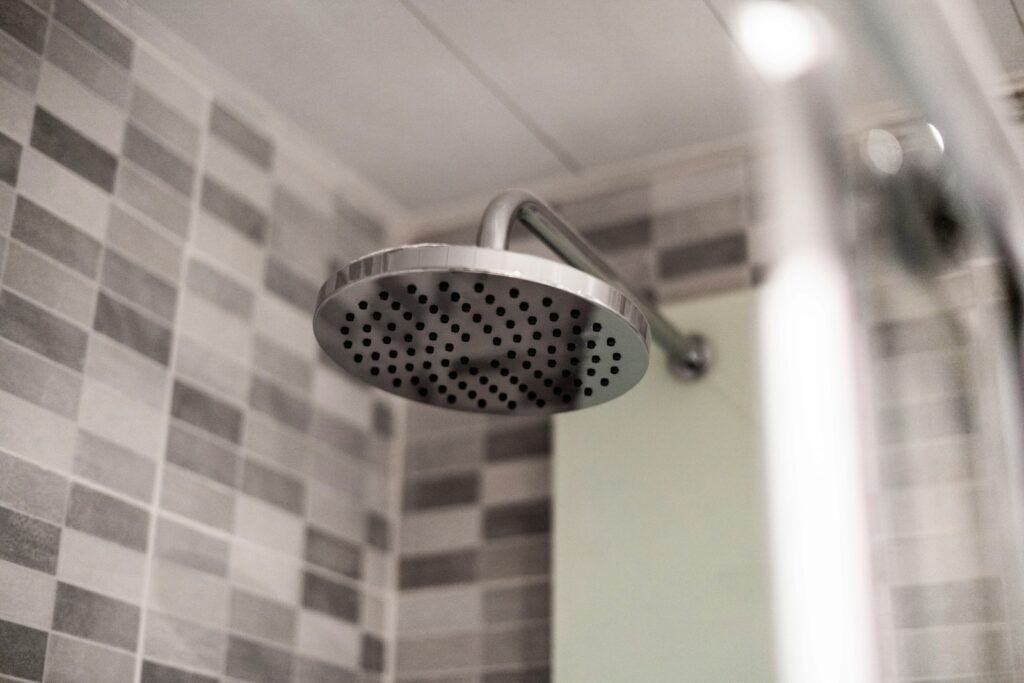
1. **Improved Circulation: Get Your Blood Pumping Efficiently**That cold jolt you feel when icy water hits your skin isn’t just a fleeting discomfort; it’s your circulatory system immediately kicking into high gear. This sudden exposure causes your blood vessels to constrict, momentarily reducing blood flow to the skin’s surface. Your body then instinctively responds by diverting blood towards your core to protect vital organs and maintain core temperature.
When you step out of the cold water or begin to warm up, these blood vessels dilate again (vasodilation), allowing a rush of fresh, oxygen-rich blood to return to the periphery. This repeated constriction and dilation acts like a dynamic pump, effectively training and making your circulatory system more efficient over time. Personal trainer Ollie Hayes affirms that this process “massively improves your circulation,” leading to significant long-term health benefits.
This enhanced circulation is crucial for a myriad of bodily functions. Better circulation ensures that oxygen-rich blood, along with essential nutrients, gets delivered precisely where your body needs it most. This aids in faster recovery from intense workouts by bringing fresh resources to tired muscles, and efficiently clears out metabolic waste.
Beyond athletic recovery, improved circulation also holds promise for overall cardiovascular health. Dr. Christopher Babiuch notes that better circulation can potentially support conditions like diabetes or high blood pressure. By regularly challenging your circulatory system in this controlled manner, you’re actively contributing to a more robust, efficient internal engine.
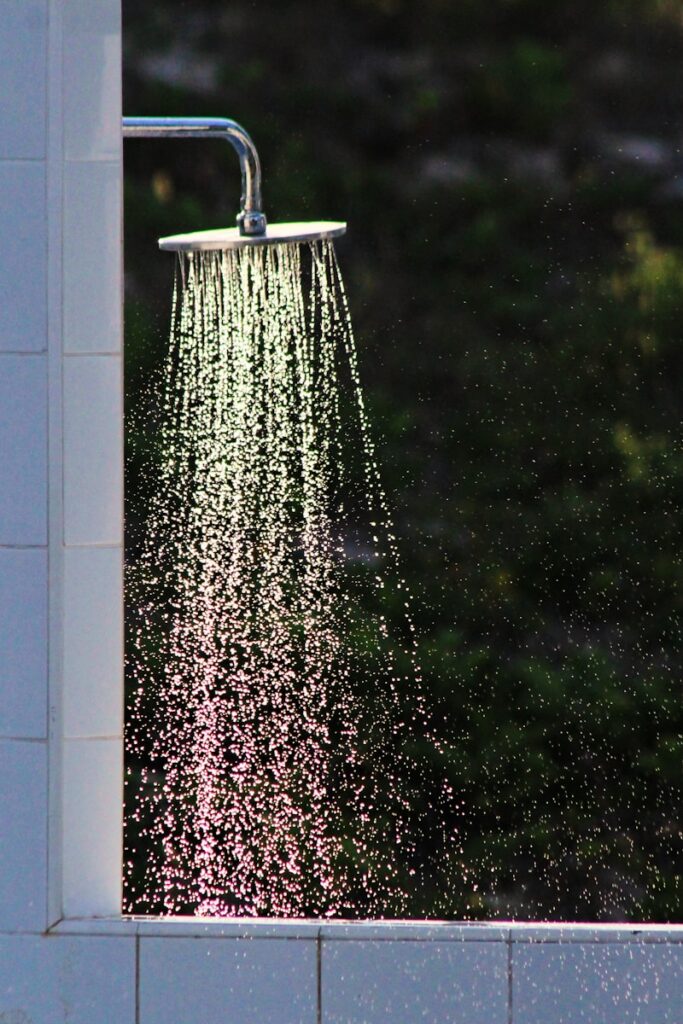
2. **Enhanced Skin and Hair Health: A Natural Glow-Up**Want to give your skin a natural boost without a cabinet full of expensive products? Cold showers might just be your secret weapon, offering tangible benefits for both your complexion and your hair. The increased blood flow triggered by cold water immersion helps to nourish your skin from within. This improved microcirculation aids in clearing out toxins and delivering essential nutrients to skin cells, contributing to a healthier, more radiant glow.
Furthermore, one of the most immediate effects on the skin is the temporary tightening of pores. When cold water hits your skin, the pores constrict, which helps to keep out environmental dirt, grime, and excess oil. This temporary tightening can significantly reduce the likelihood of acne breakouts or clogged pores, providing a clearer and smoother complexion. Splashing cold water on your face after cleansing is a quick, easy way to experience this specific benefit immediately.
Beyond the face, cold showers also extend their benefits to the overall health of your hair and scalp. While a hot shower can strip natural oils and leave hair brittle, cold water helps to seal the hair cuticles, making your hair appear shinier, smoother, and less prone to frizz. It can also help to preserve the natural oils on your scalp, vital for healthy hair growth and preventing dryness.
Neurophysiologist Louisa Nicola highlights that cold showers can tighten pores, reduce excess oil production, and promote overall skin health. Similarly, Heather Viola, DO, mentions “a temporary reduction in the appearance of pores and puffiness as skin blood vessels constrict.” This makes cold showers an accessible hack for a fresher complexion and healthier locks.
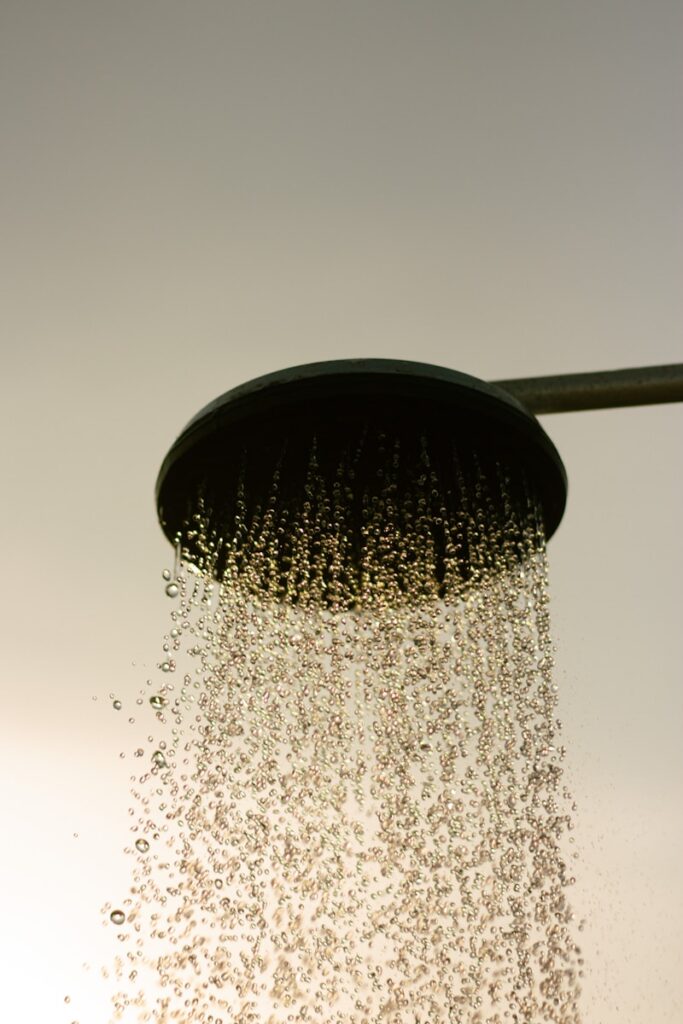
3. **Boosted Focus and Mental Clarity: Sharpen Your Mind**Cold showers don’t just wake up your body; they act as a potent mental reset, refreshing your mind and significantly sharpening your focus. That initial, intense shock of cold water triggers a powerful wave of alertness throughout your system. This immediate physiological response shifts your nervous system into a more attentive and active state, helping you feel remarkably clear-headed and concentrated.
Research consistently supports this invigorating effect. Studies suggest that people feel demonstrably more active, attentive, and alert after cold-water immersion. While full body immersion might yield dramatic results, the “overall cold effect” from even a short cold shower can still provide a substantial cognitive boost. It’s akin to hitting a mental refresh button, helping to cut through morning grogginess or that common mid-day slump.
The science behind this mental sharpening is fascinating. When you step into cold water, your body releases mood-regulating neurotransmitters. A study revealed that cold exposure triggers the release of neurotransmitters such as serotonin, cortisol, dopamine, and norepinephrine. Norepinephrine and dopamine, in particular, play a crucial role in shifting your nervous system into a more alert and focused state, essentially “getting you hyped up.”
Majdoline Jayoushe, MD, further corroborates this by pointing to a study where swimmers experienced a substantial increase in norepinephrine, a brain neurotransmitter that enhances alertness and attention. An increase in norepinephrine levels not only enhances concentration but also improves blood flow to your brain. This delivers a bumper hit of oxygen and nutrients that optimize cognitive function, allowing you to perform at your peak without artificial stimulants. It’s a natural, powerful way to fine-tune your focus.
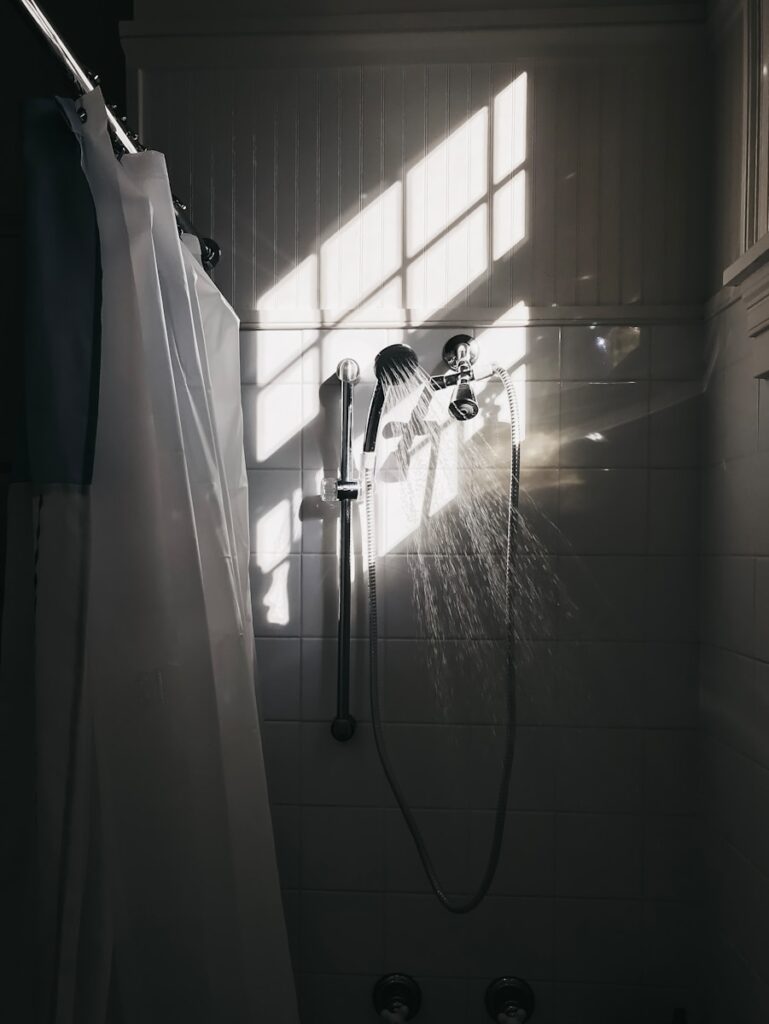
4. **Accelerated Workout Recovery: Bounce Back Faster**For anyone pushing physical limits, effective recovery is paramount. While cold showers might not completely replace an intense ice bath, they can still significantly help with muscle soreness, reduce inflammation, and accelerate overall fatigue recovery. Many athletes, as family medicine physician Dr. Christopher Babiuch points out, consistently “use cold exposure after sports to aid in recovery.”
The mechanism behind this recovery benefit is primarily physiological. When you immerse your body in cold water, it causes vasoconstriction, which is the constriction of blood vessels near the surface of your skin. This process efficiently diverts blood away from fatigued muscles towards your core. Sports scientist Adam Ridler explains that “the purported recovery benefit is that this reduces swelling and inflammation in the muscles,” and “it helps to draw waste substances and lactic acid away.”
As your body begins to warm up again, vasodilation occurs, where blood vessels expand. This re-expansion pumps fresh, warm blood, rich in nutrients and oxygen, back into the tissues. This renewed circulation delivers essential resources required for muscle repair and regeneration, significantly aiding in the recovery process. A meta-analysis published in the journal Frontiers in Physiology concluded that cold water immersion effectively reduces muscle soreness and accelerates fatigue recovery.
However, it’s crucial to be strategic with your timing, particularly if muscle growth (hypertrophy) is a primary goal. Studies suggest that performing cold exposure immediately post-workout can potentially blunt some of your muscle gains. If you’re focused on building muscle, consider saving cold showers for days in between intense strength training sessions, or taking one *before* your workout. This way, you can still boost mood and performance without potential drawbacks to muscle protein synthesis.
5. **Strengthened Immune System: Your Body’s Best Defense**Could incorporating cold showers into your routine actually help you dodge catching the latest seasonal bug? The evidence increasingly suggests a resounding yes. Proponents of cold water immersion posit that icy showers may effectively “train” your immune system by activating specific stress responses that, over time, make your body more resistant to common illnesses. This isn’t just folklore; it’s where the body’s adaptive capabilities come into play.
There’s compelling scientific truth underpinning this theory. When your body is exposed to cold water, it triggers a mild, beneficial stress response. This response stimulates the production and activity of infection-fighting white blood cells, particularly monocytes and lymphocytes, which are absolutely crucial in defending your body against infections and pathogens. Charles University found that “repeated exposure to cold water stimulates production of the infection-fighting white blood cells.”
Perhaps one of the most persuasive pieces of evidence comes from a significant 2016 trial published in PLoS One. This study found that participants who regularly took cold showers called off work significantly less often than those who exclusively took warm showers. Specifically, these cold shower takers experienced a remarkable 29% reduction in self-reported sick leave compared to the control group. Researchers concluded that while the cold spray might not shorten illness duration, it makes a person’s illness feel less severe, enabling them to maintain routines.
Majdoline Jayoushe, MD, also highlights that even for brief periods, the stress response triggered by cold showers can significantly impact the immune system. She notes that studies have shown those who go for a cold water swim find their white blood cell count increases, a clear sign of immune system adaptation. Furthermore, studies have shown that cold water exposure leads to “40% fewer upper-respiratory tract infections in individuals who regularly incorporate this practice into their routine.” It’s a simple, proactive, and evidence-backed step to bolster your body’s natural shields against illness.
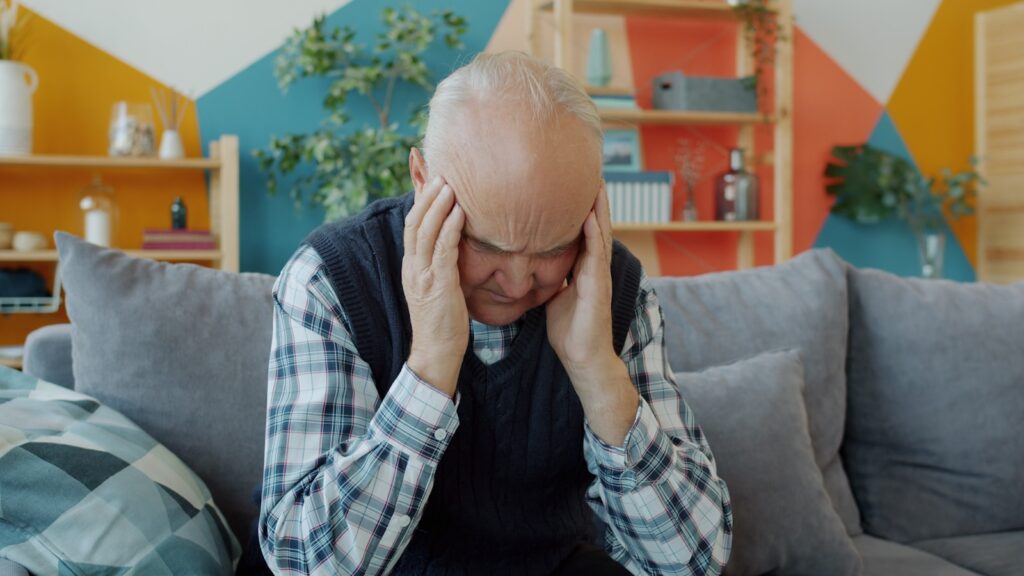
6. **Effective Pain Management (Localized & Chronic): A Natural Analgesic**Just like applying a targeted ice pack to a bruise or a swollen joint, a cold shower can offer a remarkably effective and natural form of pain relief. Many individuals find that cold water provides significant comfort for a wide array of localized pains, including nagging headaches, sore muscles after an intense day, or even the irritating sting of insect bites. While not a replacement for prescribed pain medication, it offers valuable short-term relief, especially for common discomforts or post-workout soreness.
For example, if you’re battling a tension headache, a simple yet powerful technique is to stand in a dark shower under cool water. This environment can provide a calming reset, helping to soothe discomfort not just physically, but mentally as well. The cold sensation acts as a distraction, drawing your focus away from the pain itself, while also potentially reducing localized inflammation.
Beyond localized aches, cold water exposure can also contribute significantly to the broader management of chronic pain. Majdoline Jayoushe, MD, explains that exposure to very cold water temperatures—specifically between 40 to 68 degrees Fahrenheit—can cause stress hormones to surge. This physiological response, rather counter-intuitively, “may help reduce pain perception” by altering how your brain processes pain signals. It’s a mental game where the acute stress from the cold can override other pain signals.
Dr. Jayoushe further elaborates on the neurological aspect, pointing to a study that found swimmers experienced a substantial increase in norepinephrine, a brain neurotransmitter that enhances alertness and attention. She says an increase in norepinephrine levels “can lead to blood vessel constriction and may contribute to the perception that we’re experiencing less pain.” Additionally, she suggests cold water exposure may reduce blood flow to the brain, alter our level of consciousness, and act as a powerful distraction, rerouting pain neurotransmitters. This multifaceted approach makes cold showers a powerful and accessible tool in your overall pain management toolkit.
7. **May Increase Metabolism: Stoke Your Inner Furnace**That initial blast of cold water isn’t just an invigorating wake-up call; it’s your body’s clever way of stoking its internal furnace. When exposed to cold, your system instinctively kicks into overdrive to maintain core warmth, temporarily boosting your metabolism. This process actively burns calories to generate heat, acting like a small, natural workout for your internal thermostat.
A fascinating component of this metabolic response involves “brown fat” or brown adipose tissue (BAT). Unlike typical white fat, brown fat is metabolically active and specializes in burning calories for heat. A 2022 meta-analysis highlighted that acute cold exposure can activate these brown fat cells. Increased brown fat activity may positively contribute to metabolic health and insulin sensitivity.
While boosting calorie burn sounds appealing for weight loss, managing expectations is key. Dr. Christopher Babiuch clarifies, “Cold showers aren’t going to be your best route to weight loss.” It’s a small bonus, not a standalone strategy. As sports scientist Andrew Tracey notes, fat loss ultimately comes down to energy expenditure, and cold exposure could even increase appetite.
Yet, the metabolic benefits extend further. Majdoline Jayoushe, MD, explains that cold exposure helps generate energy and heat, increasing brown fat and improving metabolism. This aids in breaking down blood glucose and fat molecules more efficiently. So, while not a magic bullet, a cold shower can be a valuable hack to support your metabolic health and boost your energy for fitness goals.

8. **Elevate Your Mood: A Natural Antidepressant**Beyond the physical jolt, cold showers offer a powerful psychological lift, acting as a natural pick-me-up. The immediate sensory overload from cold water stimulates receptors that send electrical impulses to your brain. This triggers the release of a cocktail of mood-regulating neurotransmitters, transforming a challenging moment into a surprisingly uplifting experience.
Studies reveal that cold exposure prompts your brain to release serotonin, cortisol, dopamine, norepinephrine, and beta-endorphin. These neurochemicals are crucial in regulating emotion, managing stress, and processing rewards. This “feel-good” surge can effectively combat lethargy or sadness, providing a tangible boost to your mental state. It’s like a rapid-fire reset button for emotional well-being.
For individuals managing depression, cold showers show promise as a complementary approach. A trial indicated that taking a cold shower for five minutes, once or twice daily, helped alleviate depressive symptoms. Dr. Stephanie Ooi points out that cold water promotes beta-endorphin release, “a substance that can block the sensation of pain,” contributing to a more positive outlook.
Crucially, while beneficial for mental health, cold showers are not a cure-all. They should never replace prescribed medication or professional advice, especially for those with clinical diagnoses. Instead, consider them a potent, accessible hack to support your mental resilience and foster a more positive daily mindset.
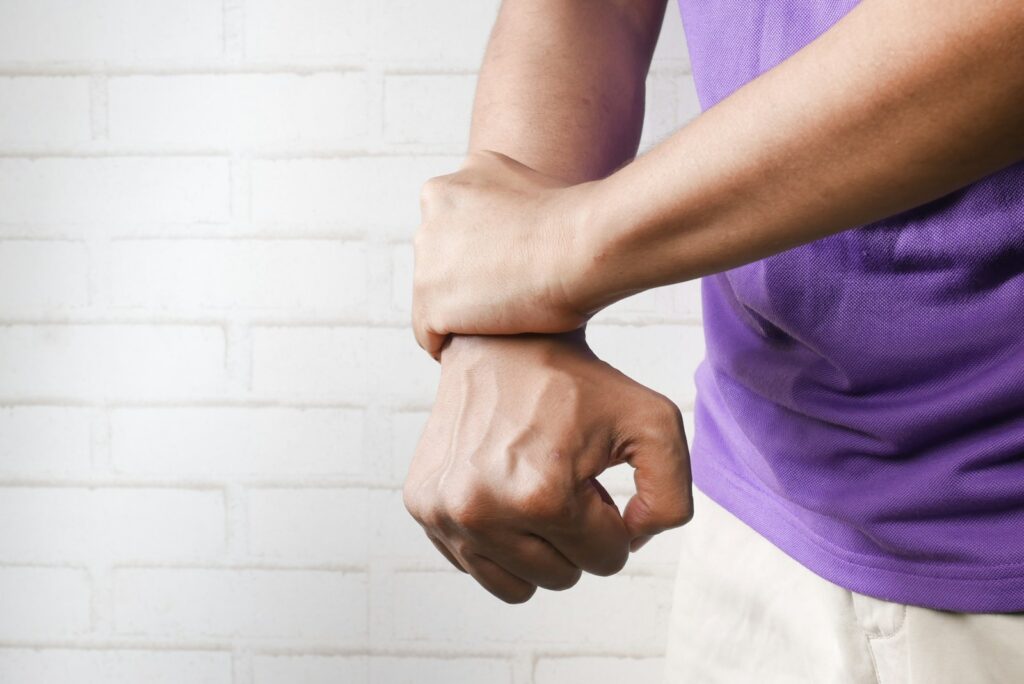
9. **Quell Inflammation: Your Body’s Internal Soother**Chronic inflammation is detrimental, potentially damaging cells and organs, and increasing the risk of serious diseases like arthritis and cancer. Fortunately, cold showers offer a remarkably effective, natural way to help manage this harmful inflammatory response, acting as a simple internal soother.
The science behind this anti-inflammatory effect lies in your body’s stress response. Cold water exposure activates your sympathetic nervous system. This significantly lowers levels of pro-inflammatory cytokines—proteins that contribute to chronic inflammation. By reducing their presence, cold exposure helps calm internal inflammatory storms.
Majdoline Jayoushe, MD, explains that cold water exposure can spike stress hormones, which in turn increases anti-inflammatory biomarkers. This physiological cascade not only helps reduce existing inflammation but also contributes to warding off infections. It’s a proactive step that bolsters your body’s ability to maintain equilibrium and protect itself from long-term damage.
While powerful, this anti-inflammatory response has a nuance: some studies suggest it could potentially slow down muscle growth (hypertrophy) if performed immediately post-workout. Therefore, for those prioritizing muscle building, strategic timing—such as cold showers on non-training days or before workouts—is a critical consideration.
10. **Build Resilience: Strengthen Your Mind and Body**Stepping into a cold shower is more than a physical act; it’s a deliberate foray outside your comfort zone. This mini-challenge, consistently embraced, becomes a powerful tool for building mental resilience. It’s about training your mind and body to tolerate discomfort, push limits, and emerge stronger and more adaptable to life’s stressors.
Personal trainer Ollie Hayes states, “Cold showers definitely help with mental resilience. Simply having one is a feat of willpower in itself.” Each time you intentionally lower the dial, you engage in self-discipline. You teach yourself to override the immediate urge to escape discomfort, systematically strengthening your mental fortitude.
The cumulative effect of these small acts of willpower is profound. By repeatedly exposing yourself to a controlled, manageable stressor, you essentially inoculate your mind against future discomfort. “You’re training your body and mind to go out of your comfort zone, which makes you stronger and more resilient,” Hayes explains. What once felt daunting can suddenly feel less tough.
This enhanced resilience isn’t confined to the shower; it spills into other aspects of life. Whether facing a demanding workday or personal challenges, the mental grit honed by cold showers equips you with greater capacity to stay composed, focused, and persistent. It’s a simple, daily hack to cultivate a robust mental game.
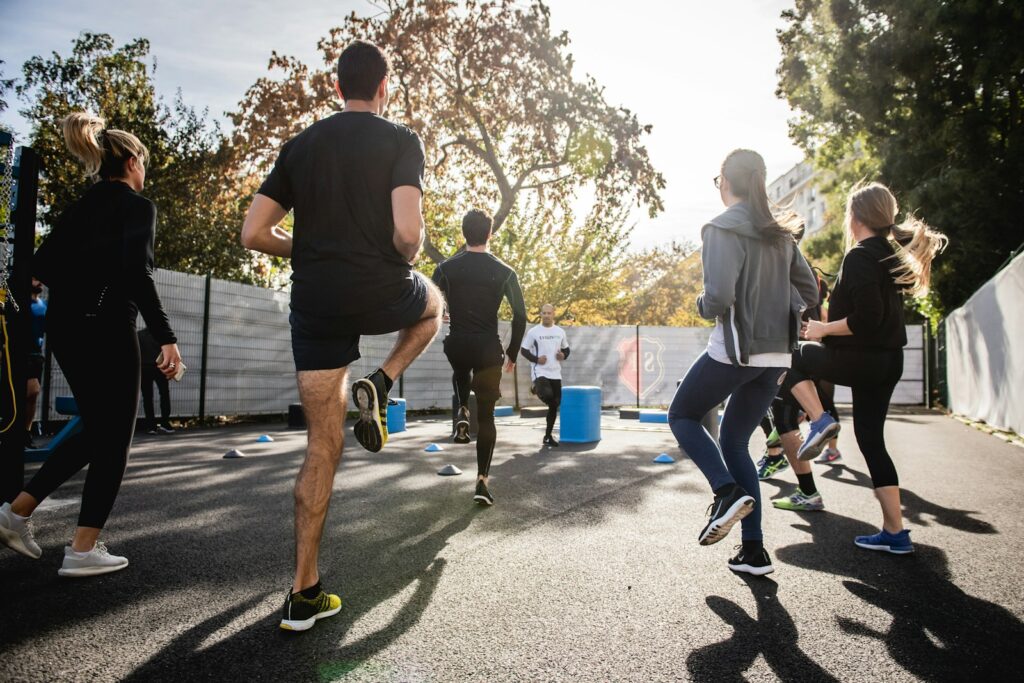
11. **Promote Hormonal Balance: Beyond the Immediate Jolt**Beyond immediate effects, cold showers influence deeper physiological systems, notably impacting hormonal balance. This involves optimizing your endocrine system, crucial for regulating mood, metabolism, reproduction, and stress response. Cold exposure, surprisingly, can be an effective lever for fine-tuning these intricate internal processes.
One significant impact is on insulin sensitivity and, consequently, type 2 diabetes risk. Majdoline Jayoushe, MD, notes cold exposure helps generate energy and heat, increasing brown fat and aiding in breaking down blood glucose and fat molecules. This improves insulin utilization, enhancing your body’s sensitivity to this vital hormone and potentially reducing diabetes risk factors.
For men, cold exposure offers an intriguing benefit for testosterone levels. Research found athletes subjected to extremely low temperatures after intense sprint sessions exhibited significantly higher testosterone concentrations—21% higher two hours post-workout, and 28% higher after 24 hours. While often involving cryotherapy, the principle suggests cold water immersion can support healthy hormonal profiles.
Anecdotal evidence and some studies also point to cold water immersion’s potential to alleviate menopausal symptoms like mood swings and hot flashes. While more research is needed, the overall impact on stress hormones and promotion of “feel-good” endorphins suggest a broader harmonizing effect on the body’s complex hormonal landscape. It’s a proactive step towards supporting this vital internal equilibrium.

12. **Reduce Stress Levels: A Mental Escape Button**In our demanding world, effective stress management is paramount. Cold showers, paradoxically, are powerful stress reducers, offering a unique “mental escape button.” The immediate, intense sensation forces your brain to shift focus, effectively disrupting mental loops of anxiety and worry.
As Majdoline Jayoushe, MD, explains, “Think of it as a mini shock to your system.” Under cold water, your brain is preoccupied with this sensation, leaving less capacity to dwell on unhappiness or stress. “It helps you get out of your head,” providing a momentary, impactful break from mental overload.
The physiological response also plays a crucial role. Initially, a fight-or-flight response releases adrenaline and cortisol. However, as your skin adapts, this shock gives way to a surge of “feel-good” hormones—dopamine, serotonin, and endorphins. This shift leaves you feeling happy, relaxed, and mentally rejuvenated, counteracting chronic stress.
Regularly engaging this controlled stressor trains your body to adapt and respond more effectively to everyday pressures. This adaptive capacity contributes to an overall reduction in perceived stress and an enhanced ability to cope. It’s a simple practice that transforms discomfort into a lasting sense of calm and mental well-being.
**Practical Considerations for Your Cold Shower Journey**
Embracing cold showers effectively means understanding how to optimize the experience for maximum benefit and safety. While the perks are plentiful, integrating this habit requires strategy. Let’s delve into common questions and practical advice to help you fine-tune your cold exposure routine, ensuring it’s both beneficial and safe for you.
**Optimal Timing and Duration: How Long and When?**
You don’t need to endure extreme cold for long. A 2016 study suggested 30 to 90 seconds could yield significant benefits, including fewer sick days. Danish researchers found 11 minutes per week, split across two to four sessions of one to five minutes each, to be optimal. Consistency, not extreme endurance, is key.
Many experts, including Wim Hof and Andrew Tracey, advocate morning cold showers. They powerfully activate your cardiovascular system, jolt you awake, and boost mood and alertness for the day. Dr. Heather Viola also recommends mornings to avoid interfering with sleep, as cold exposure stimulates the nervous system.
However, Tracey notes that in summer, an evening cold shower can lower core body temperature, aiding better sleep. If sleep is your priority then, a cool rinse before bed might be ideal. For muscle growth (hypertrophy), strategic timing is crucial: avoid immediate post-workout cold showers, opting for them before training or on rest days to prevent blunting muscle gains.
**Finding Your Ideal Temperature: Listen to Your Body**
There’s no single “perfect” temperature for a cold shower, as individual tolerance varies greatly. The goal isn’t to endure excruciating pain, but to experience a level of cold that’s uncomfortable yet manageable. Most studies on cold water exposure are conducted at temperatures below 15 degrees Celsius (59 degrees Fahrenheit). For many, simply turning your tap to its coldest setting will achieve this.
As Andrew Tracey advises, rather than fixating on a specific number, “aim for a feeling.” The water should be cold enough that you genuinely want to get out, but you can safely resist that urge for a short period. The journey to this ideal temperature should be gradual. Begin by slowly lowering the water temperature at the end of your usual warm shower, gradually increasing the cold duration over several days or weeks until you can comfortably sustain it for a few minutes.
**How to Start Your Cold Shower Journey: Ease In**
For newcomers, jumping straight into an icy blast can be daunting. The most effective approach is gradual acclimatization. Dr. Christopher Babiuch recommends easing in: start warm, then slowly cool the water over a few days until you’re spending the last few minutes under truly cold water. This progressive method allows your system to adapt without sudden shock.
Once cold, focus on your breath. Andrew Tracey suggests trying to stay in for seven deep breaths, emphasizing a long exhale. “Focussing on the breath won’t just help you to control your shock response and regulate your nervous system,” he explains, “it will also give your mind something to focus on.” This mental anchoring helps manage discomfort, making the experience more tolerable.
**Important Precautions and Who Should Avoid Cold Showers**
While cold shower benefits are compelling, they aren’t for everyone, and certain conditions can make them risky. Cold exposure is a stressor; beneficial for healthy individuals, but potentially detrimental for those with pre-existing health concerns or a dysregulated nervous system. Always listen to your body and consult a healthcare provider before starting.
Individuals with heart disease, heart conditions, or uncontrolled high blood pressure should exercise extreme caution or avoid cold showers. Sudden cold exposure can cause a rapid spike in blood pressure and heart rate, potentially leading to irregular heartbeats. Dr. Majdoline Jayoushe and Dr. Heather Viola both emphasize this risk.
Additionally, if you experience “cold shock symptoms” like intense fear, gasping, difficulty breathing, or dizziness, immediately exit and warm up. People with Raynaud’s disease, certain respiratory conditions like asthma, or those currently unwell, recently hospitalized, or immunocompromised should also steer clear. Cold showers supplement well-being, but never replace medical treatments or common sense when your body is already under duress.
**The Icy Truth: A Simple Hack for a Better You**
From sharpening your focus to bolstering your immunity, and from elevating your mood to revving up your metabolism, the surprisingly extensive benefits of cold showers are anything but lukewarm. We’ve journeyed through the science, heard from the experts, and unpacked the tangible hacks these icy blasts offer for hacking your health, performance, and well-being. It’s a testament to our body’s incredible adaptive capacity, a readily available tool that, with mindful integration, can significantly upgrade your daily routine. So, are you ready to put your excuses on ice and embrace the refreshingly powerful potential of a cold shower? Your stronger, more resilient, and more vibrant self might just be a cold spray away.

